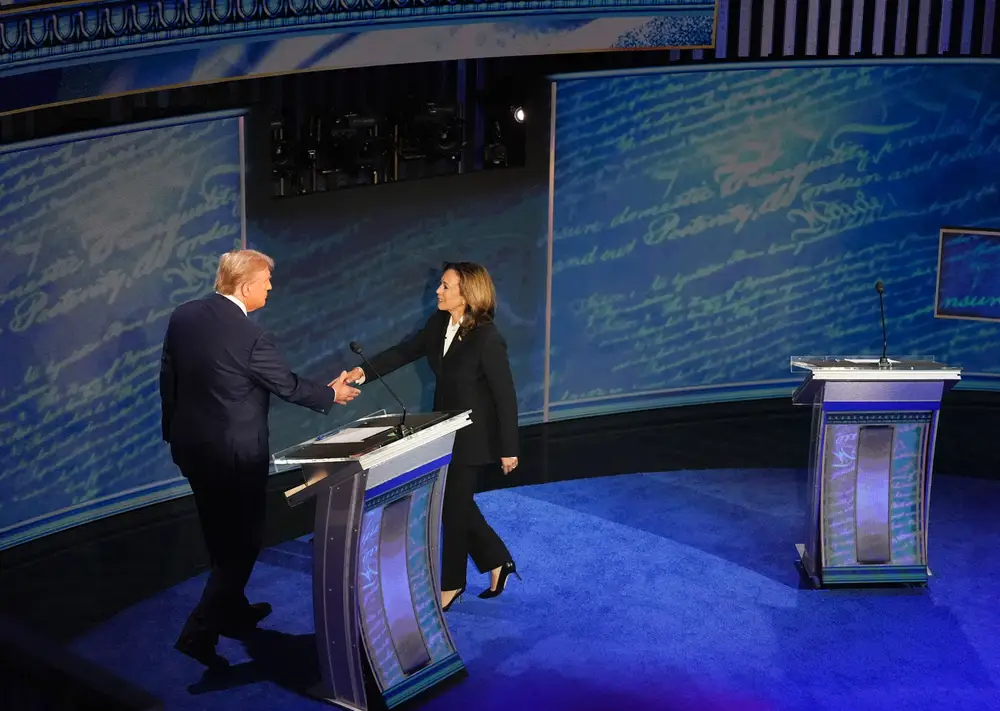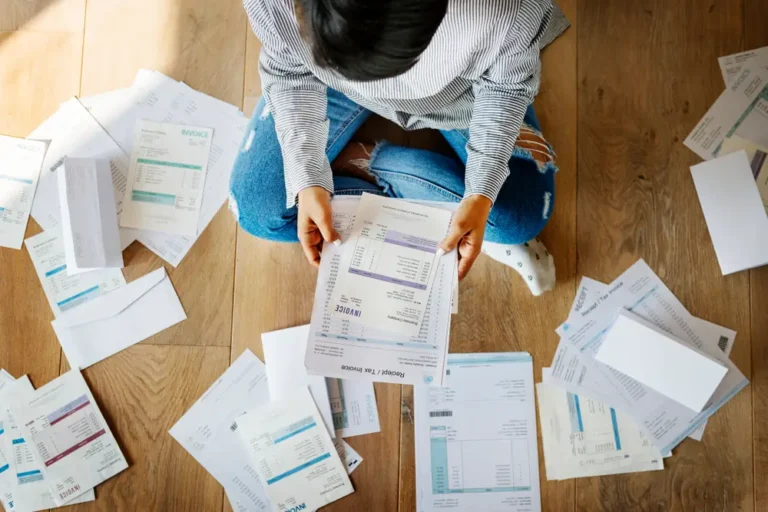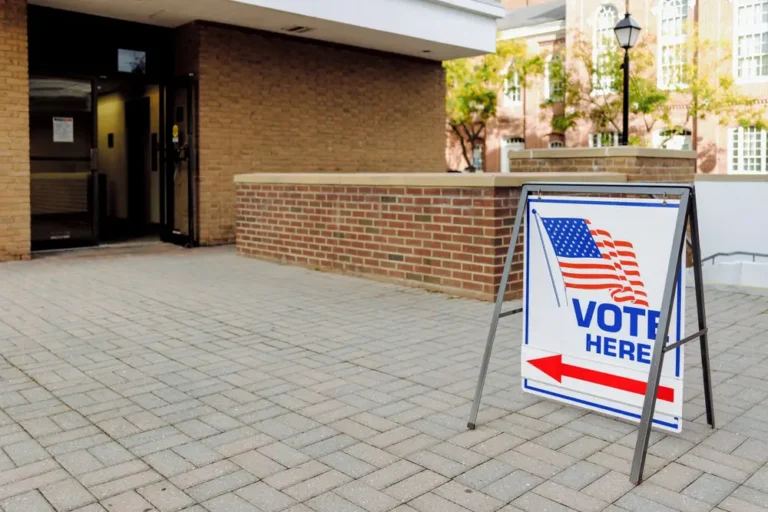The stock market’s performance shows the election is taking a back seat to the economy, Citi says

Former President Donald Trump and Vice President Kamala Harris
The election tends to have a strong impact on the path of the market in the run-up to the vote, but traders appear focused on other things this year, Citi analysts said.
The analysts said several market indicators that normally flash ahead of US elections are notably quiet this year, signaling potentially fewer worries about the election’s impact on the market than in past years.
Instead of the election, traders are dialing in on the US economy and earnings season, the analysts say.
“For the lead-up to the US election, equity market behavior has not been in line with previous elections,” the analysts said in a Monday note. “Overall, this suggests that other risks, such as US macro, reporting season etc., are having a bigger influence than any perceived election risks.”
The analysts pointed to the market’s continued rally into the months leading up to the election. They note that typically, investors rotate out of equities before the election, making the prior month’s performance usually negative.
The S&P 500 is down 0.3% in the last month, but in the last six months, it’s up 10.7% as it continues a strong bull run. The analysts said that strong performance in the weeks leading up to Election Day is likely due to the strength of US economic conditions, rather than markets taking positions in a “Trump Trade” or a “Harris Trade.”
“US equities have been very strong coming into this election cycle compared to the past,” the analysts said. “The current anomaly has less to do with the market pricing a certain election outcome but more to do with an expectation of continued interest rate cutting combined with a likely shallower US economic slowdown.”
The Federal Reserve kicked off its easing cycle in September and is expected to continue with a series of 25 basis point interest rate cuts at upcoming meetings. Meanwhile, economists are increasingly expecting a “soft landing” for the US economy, as it dodges a steep recession while inflation continues to edge lower.
A relatively low reading on the volatility index is another sign that markets may not be putting too much stock in the election outcome. A low VIX number is rare in election years, the analysts said.
“The heightened uncertainty should translate into higher expectation of volatility. Despite this observation, with equity markets making new highs and the VIX being low, it suggests that investors are not too concerned with the election outcome,” they wrote.
Like past years, though, the analysts said there is a high chance that the market will rally after the election. They said the current market positioning, boosted by mostly solid earnings in the latest reporting season, sets equities up well to rally after the November 5 vote and potentially climb to new highs in the new year.






